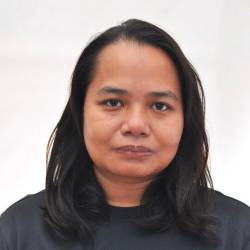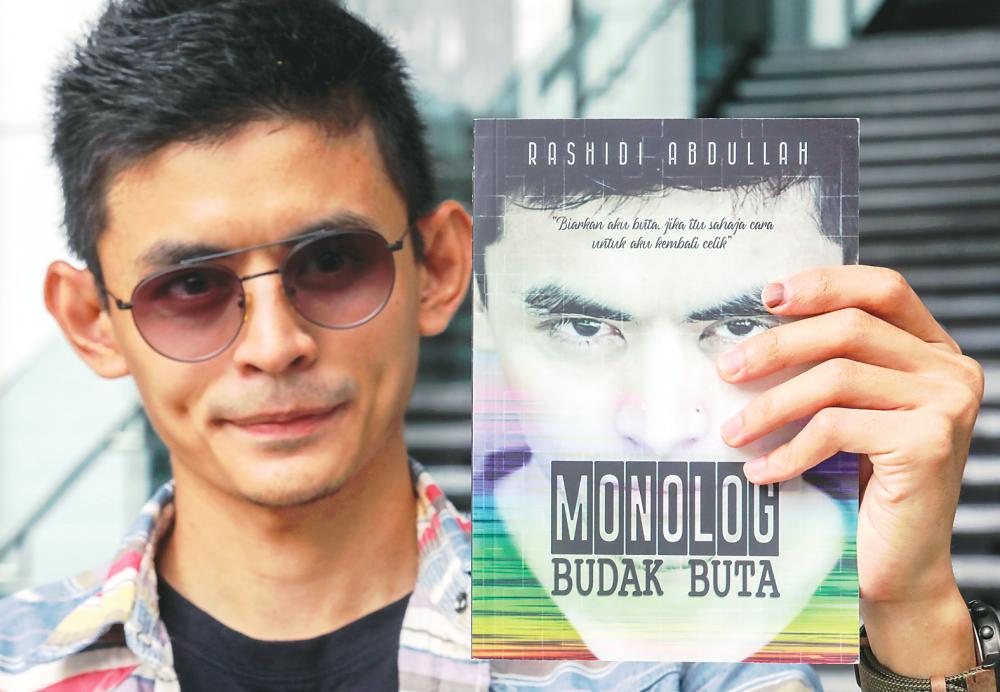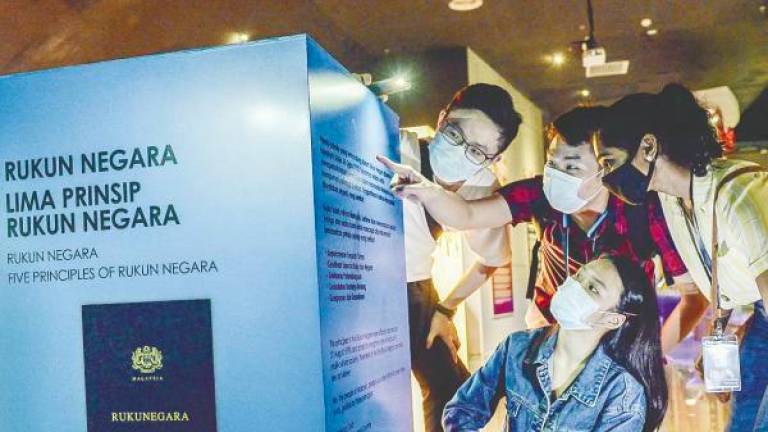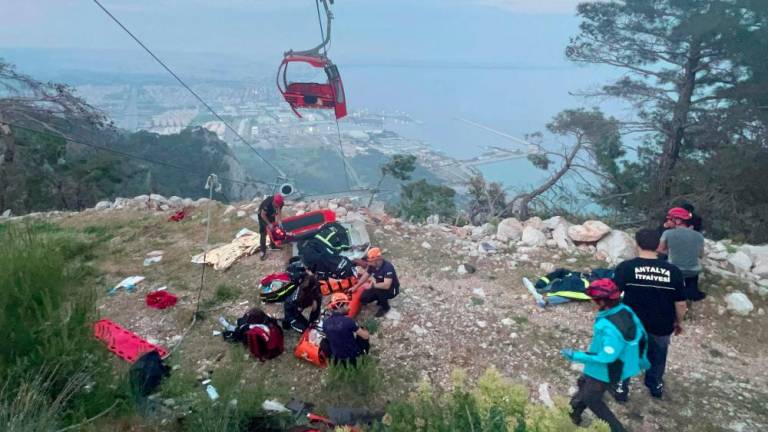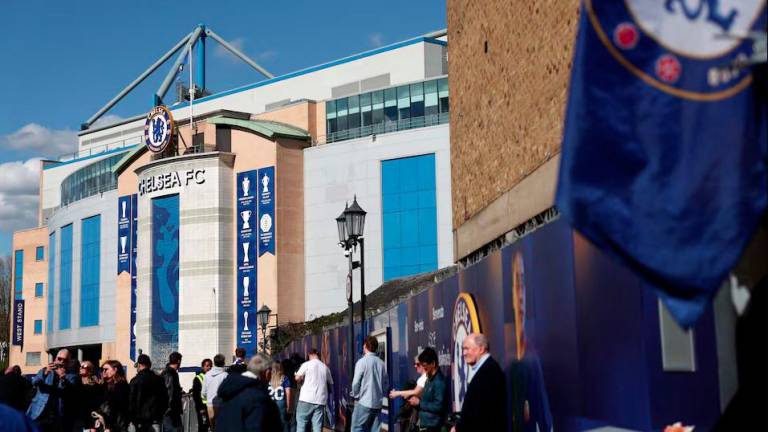KUALA LUMPUR: Rashidi Abdullah was just 17 years old when his world turned dark. Diagnosed with glaucoma, an eye condition in which his optic nerves are damaged due to fluid build-up in the front of the eye, he looked at what he believed was a bleak future.
“My problems started with an eye infection when I was 13 years old. My eyes itched, and I was prescribed eye drops as a form of relief. I was not told that prolonged use of eye drops containing corticosteroids can damage the nerves in my eyes,” he told theSun.
His eyes started to twitch and his frequent bumping into others did not escape his family’s attention. He went for further medical checks
and doctors referred him to an ophthalmologist in Kuala Lumpur Hospital where he was told that only 20% of the nerves in his eyes could be saved.
“Due to the increasing pressure in my eyes caused by the fluid build-up, the specialists felt they could ease it through surgery. I had frequent headaches and was off balance, which affected my walking.”
He could not continue his studies or sit for the Sijil Pelajaran Malaysia examination as he was recovering from the surgery. He became a recluse, often avoiding other people. This went on for three years. His sisters searched for schools for special needs individuals like him.
“It was hard to accept that I was blind. From someone who could see, I felt I had been robbed of my life,” he said.
His parents never gave up and encouraged him to take up a course at the Malaysian Association for the Blind in Brickfields, Kuala Lumpur, where he picked up some essential living skills, which included using a cane to walk and being a massage therapist.
He also came across a programme that was searching for icons to inspire others to look at the bright side of life, despite their circumstances. He signed up as a motivational speaker with Persatuan Siswazah Wanita Malaysia that held talks for the public.
It was at one of his talks, which included juvenile delinquents participants, that he felt compelled to pen his thoughts in the form of a book. It took him a year to complete his compilation. The book, titled Monolog Budak Buta (Blind Boy’s Monologue), was published in 2018. He also raised RM10,000 through crowdfunding.
Rashidi also dabbles in street photography, which led him to exhibit his work with other visually impaired persons.
“We were trained to use our sense of hearing and touch to capture our subject,” he said.
Rashidi is unfazed by his success and ability to convey his experience, in the hope of motivating others to create their own stories despite their circumstances.
“It took me a while to accept myself. I hope to share this sense of confidence that I have in myself, which means accepting everything about myself, flaws and all.
“The fact that I still need to build my self-confidence shows that we all have room for improvement. It is about finding the right formula that suits us,” he added.
According to the 2014 National Eye Survey, the prevalence of blindness in Malaysia was 1.2% of the population, with the main causes being cataract (58.6%), diabetic retinopathy (10.4%) and glaucoma (6.6%). There is currently no cure for glaucoma.



